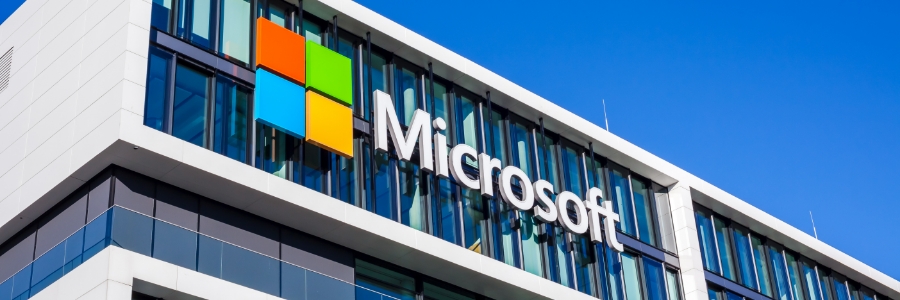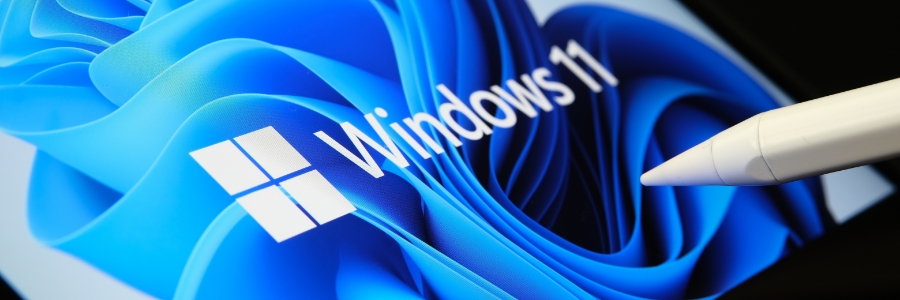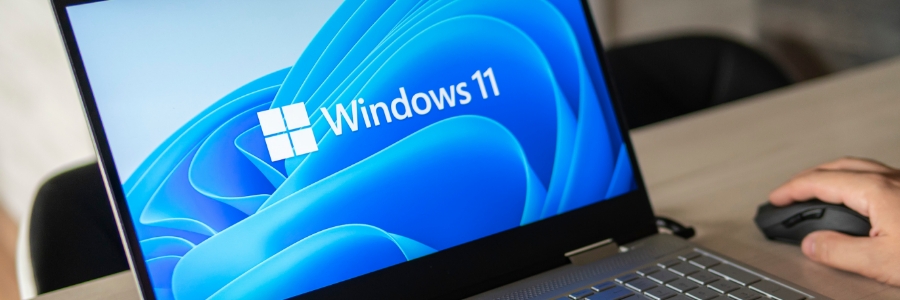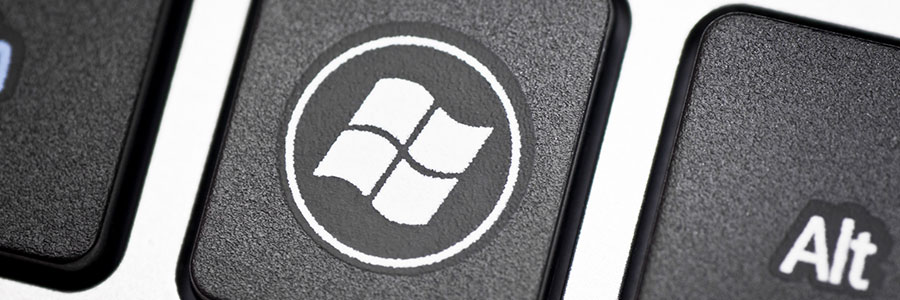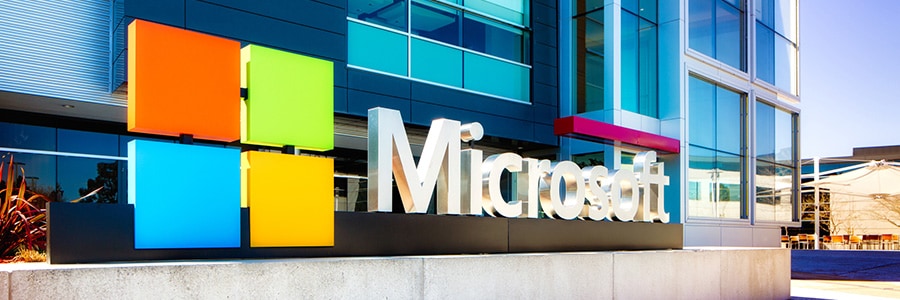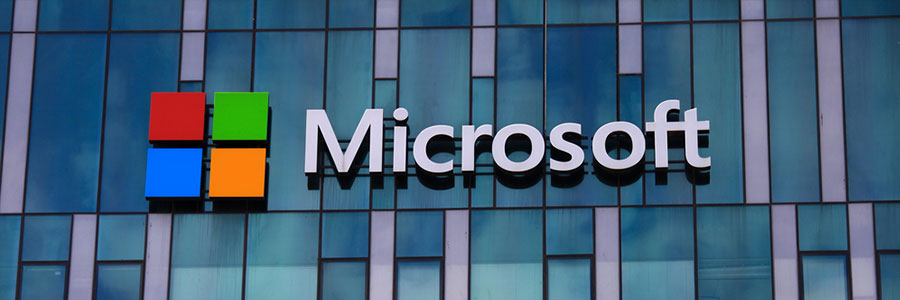Having Trusted Platform Module (TPM) 2.0 chips is mandatory for devices of users looking to install or migrate to Windows 11. Unfortunately, many computers that are two or three years old don’t have this chip. This may require you to purchase new devices just to run Windows 11. While there are ways to bypass this… Continue reading TPM 2.0: Why you should accept this Windows 11 requirement
TPM 2.0: Why you should accept this Windows 11 requirement
